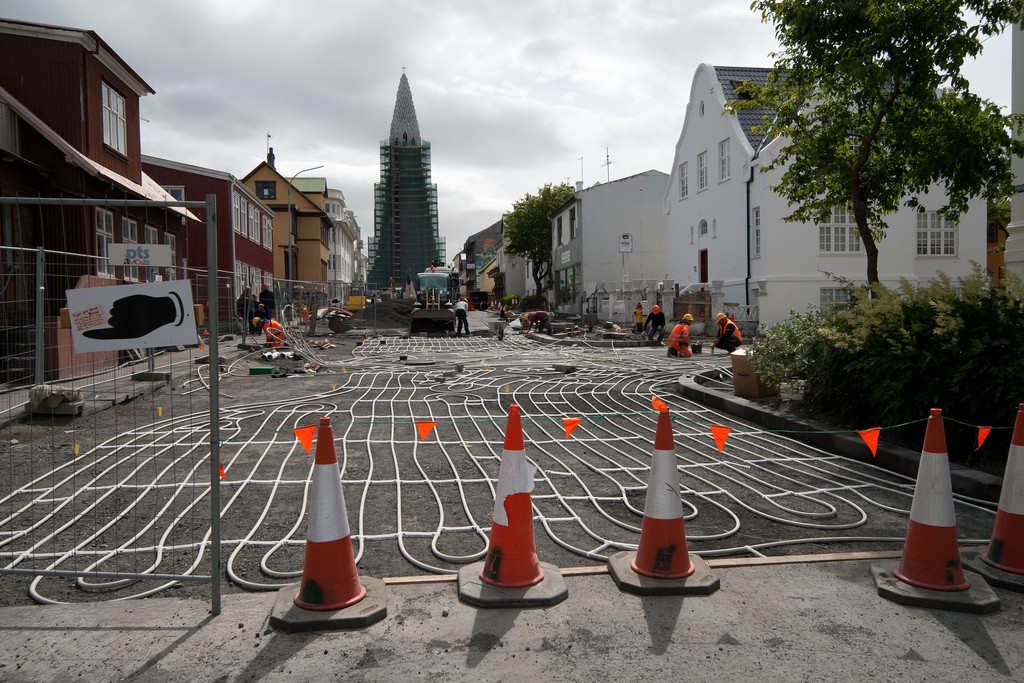Geothermal energy as useful tool for decarbonizing Europe’s heating sector

The role of geothermal energy in district heating – while continuously underestimated – could play a tremendously important role for the energy security and an efficient and affordable heating future of Europe.
With a population of only 330,000, Iceland has established itself not only as a major tourist destination in the past few years, mostly due to the incredibly effective marketing campaign featuring an active volcano, but also as a poster child with regards to a sustainable heating infrastructure.
Located on the Arctic Circle in the North Atlantic, Iceland developed an industry out of an abundant natural resource called geothermal energy. Today, around 95% of all heating in Iceland is derived through centralized heating from geothermal wells.
While not blessed with the same volcanic resources, much of Europe can also utilize geothermal energy for heating and some countries actually already do. Countries like France with a proud geothermal heating history, the Netherlands with ambitious heating projects for its greenhouse sector, Germany with large-scale heating projects in the South of the country, Hungary, Romania and many more.
In developing a new Renewable Energy Package as part of 2030 Energy targets, the EU Commission is focusing among others on the “de-carbonization of the heating and cooling sector”.
Europe’s heating sector still depends to large degree on imported fossil fuels, and no other natural resource could help in Europe achieving a de-carbonization of its heating supply, and this also cost effectively.
The opportunities are great for municipalities and communities that today depend on old plants with large emissions. Tapping into geothermal could help them become independent of price fluctuations, tap into a local resource and create local jobs. For suppliers, developers and operators it creates opportunities of all sizes, from a small-scale geothermal heating project for a single customer, e.g. a hospital, to a large-scale district heating for thousands of individual and corporate customers.
Tapping into local resources stimulates local economies, while saving costs. In 2014, the geothermal energy sector in the European Union had a turnover of EUR 1.3 billion and about 11,000 employees. With a further expansion of the sector, there could be tremendous growth of those numbers.
How different countries approach the development of geothermal heating projects is topic of several presentations and a specific field trip at the upcoming Iceland Geothermal Conference, April 26-28, 2016. Speakers from Iceland, the United States, France and China will share their experience.
Iceland Geothermal Conference 2016
- Location: Reykjavik, Iceland
- Date: April 26-28, 2016
Event website: http://www.geothermalconference.is/
Program overview: http://www.geothermalconference.is/program/content-overview/
Field Trips: http://www.geothermalconference.is/program/field-trips/